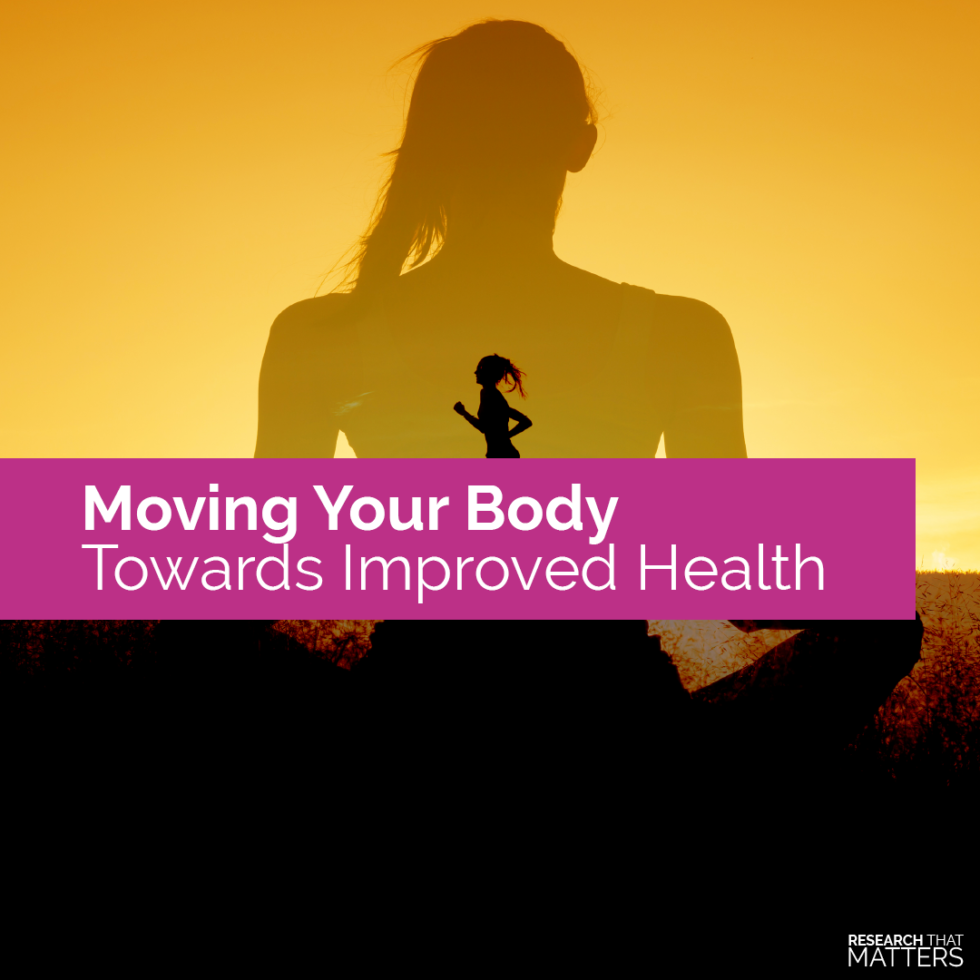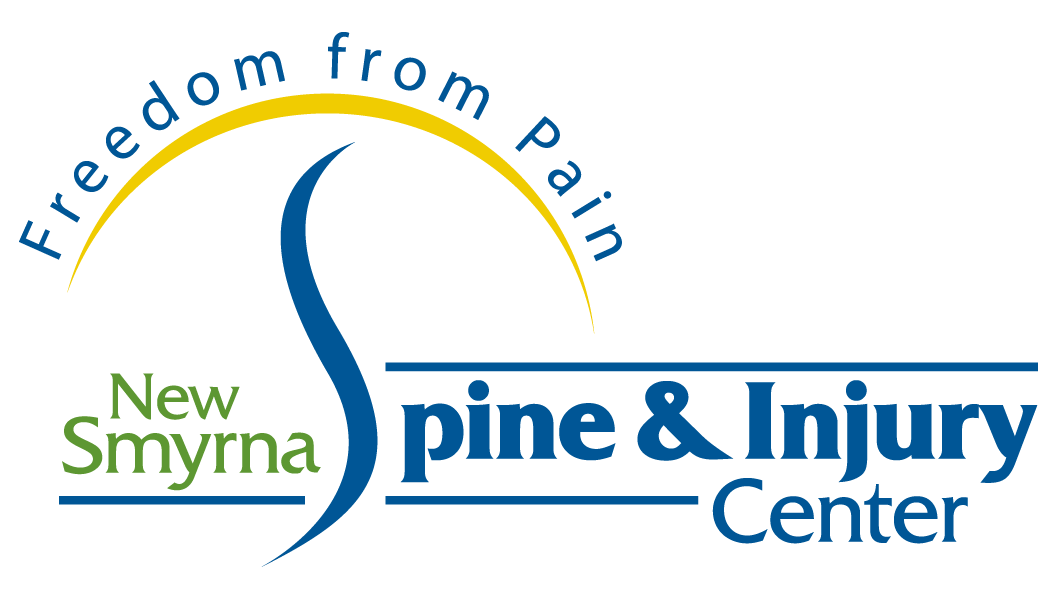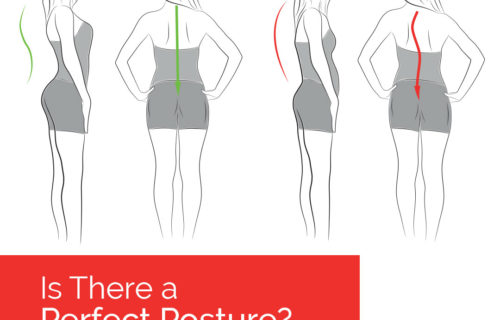
Moving Your Body Towards Improved Health
Bottom Line:
Being healthy doesn’t mean that you need to spend 20 hours each week in the gym. Even little things like standing at work can make a big improvement in your overall health. On the other hand, a sedentary lifestyle is a significant factor in many chronic diseases, as well as spinal aches and pains.
Why it Matters:
Do you drive to work and then spend your day on the computer? You may not realize that you have been spending 8, 10, or even more long hours each day sitting down. That much sitting can have a negative impact on your back, legs, neck, and even your mind.
The compression that occurs in your mid-back while seated can lead to problems in your low back and has also been linked to shoulder issues. Researchers have found the people who sit the majority of the time are more prone to a variety of chronic health diseases like diabetes, heart disease, and depression.
Incorporating more movement into your day can help keep your body and mind healthier.
- Make it a habit to stand up from your desk every 30 minutes to stretch and try to get in a brisk walk at lunchtime each day.
- Improving the mobility of your mid-back (thoracic spine) can reduce your low back pain, improve your posture, & even decrease your likelihood of experiencing shoulder issues.
- Daily exercise can lower your risk of heart disease, help control your weight, and lower your blood pressure.
Next Steps:
A few small changes in your activity level can make a huge difference, so keep your health goals in mind and start taking small daily steps in the right direction. If you feel “tight” or have pain between your shoulder blades, let us know. You may have restricted motion in your thoracic spine, and we would be happy to help you improve your mobility and so you can move your way towards better health.
Science Source(s):
Exercise and Cardiovascular Health. Circulation. 2003. The Short-Term Effects of Thoracic Spine Thrust Manipulation on Patients With Shoulder Impingement Syndrome. Manual Therapies. 2009.



